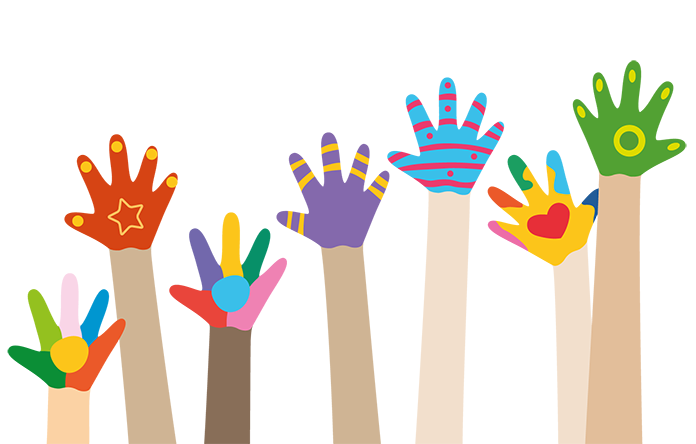
Tackling health inequalities is at the heart of NHS goals. The National Healthcare Inequalities Improvement Programme aims to ensure equitable access, excellent experience and optimal outcomes for all.
NHS England has set out the Core20PLUS5 framework which defines target population groups and clinical areas, including mental health, for focussed improvement in healthcare inequalities for children and young people. Providers are being asked to identify and tackle the relative disparities in access to their services, patient experience and healthcare outcomes.
CORE20Plus5 identifies a target of improving access rates to children and young people’s mental health services for 0-17 year olds, for certain ethnic groups, age, gender and deprivation.
This stems into a wider conversation about how mental health services might address health inequalities and how our digital care record, iaptus, can help to support their important work.
What are health inequalities?
Health inequalities are unfair and avoidable differences in health across the population, and between different groups within society. These include how long people are likely to live, the health conditions they may experience and the care that is available to them.
Evidence suggests that some groups of children and young people are disproportionately impacted by mental health problems largely driven by a complex interplay of social and environmental determinants of poor mental health.
“Good quality, robust data enables the NHS to understand more about the populations we serve, helping to ensure equitable access, excellent experience and optimal outcomes for all.” – NHS England on data and insights.
How can iaptus support services to address health inequalities?
iaptus supports CYPMH providers with various dashboards to collect and analyse referral data and view patients accessing their services, by location, age, sex or ethnicity. This can help them to identify groups that are underrepresented compared to the local population and may be experiencing barriers to accessing services. These insights can help teams to prioritise actions and service improvements.
So, which dashboards within iaptus can support you in addressing health inequalities?
If you are already an iaptus customer, and you need support using these features, please raise a support log with your account manager.
If you’re not a user of iaptus please get in touch or book a demo here.
iaptus supports Brighter Futures for Children to analyse referral data:

We’re interested to learn how CYPMH providers are identifying the disparities for children and teenagers in their location and working to improve their service offerings. We hold regular virtual events with guest speakers from CYPMH providers.
We welcomed Brighter Futures for Children to talk about their work in Reading and their project to address health inequalities for CYP from ethnically diverse backgrounds.
The talk, led by Claire Thomas and Alec De Sausmarez, covers the background and context leading up to this piece of work, their approach and how they used iaptus and analysed the data available, as well as the challenges and successes that they have experienced.
